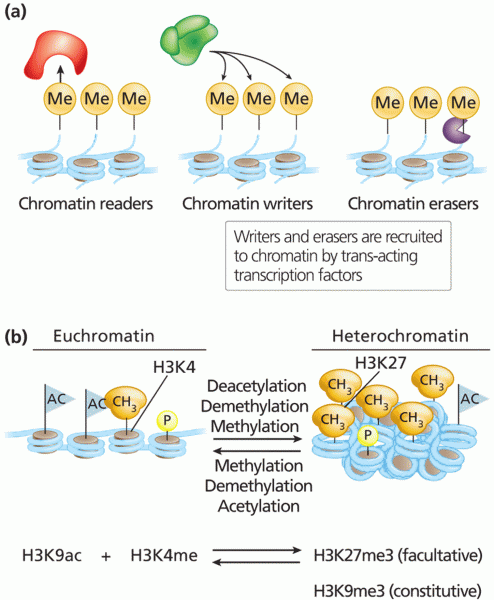|
|
|
Acetaminophen (Tylenol) in overdose can seriously damage the liver. It should never be taken by people who use alcohol heavily; it can result in severe liver damage and even a condition requiring a liver transplant.
Although puberty usually occurs in the early teenage years, the world's youngest parents were two Chinese children who had their first baby when they were 8 and 9 years of age.
Certain topical medications such as clotrimazole and betamethasone are not approved for use in children younger than 12 years of age. They must be used very cautiously, as directed by a doctor, to treat any child. Children have a much greater response to topical steroid medications.
Blood is approximately twice as thick as water because of the cells and other components found in it.
Though Candida and Aspergillus species are the most common fungal pathogens causing invasive fungal disease in the immunocompromised, infections due to previously uncommon hyaline and dematiaceous filamentous fungi are occurring more often today. Rare fungal infections, once accurately diagnosed, may require surgical debridement, immunotherapy, and newer antifungals used singly or in combination with older antifungals, on a case-by-case basis.
 To travel quickly, killer whales leap out of the water when swimmingâ€â€Âa behaviour kn
To travel quickly, killer whales leap out of the water when swimmingâ€â€Âa behaviour kn
 The Titanic carried only twenty lifeboats, a reason why so many perished in 1912. The Lusitania (abo
The Titanic carried only twenty lifeboats, a reason why so many perished in 1912. The Lusitania (abo
 It is difficult to capture the anguish of the children of divorce, but when I read these lines by ...
It is difficult to capture the anguish of the children of divorce, but when I read these lines by ...




